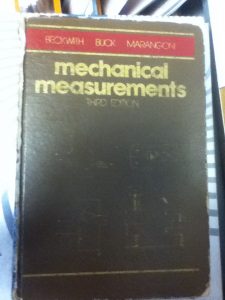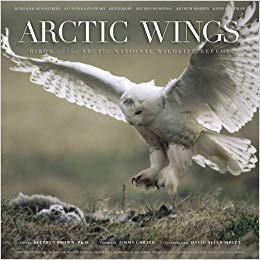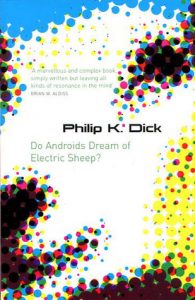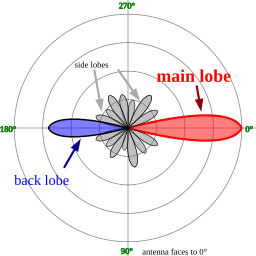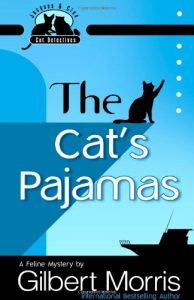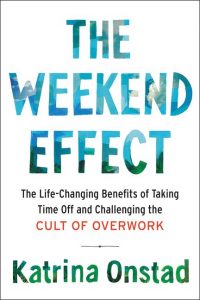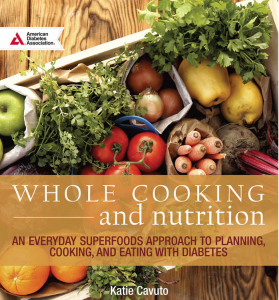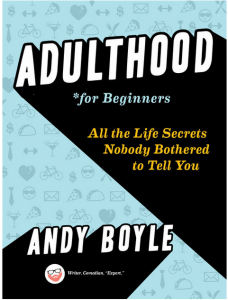One of the main reasons I love working at McGill is the opportunity to interact with amazing students and staff who are doing exciting projects that could potentially change the world. The 99 McGill and Concordia student, staff, and alumni members of Team Montreal are currently part of one such endeavor. They are building a net zero energy home, a prototype that could revolutionize how we live in the future since the technological design features of this house enable it to create as much energy as the house dwellers consume. They have all kinds of sponsors including their lead presenting sponsor, Hydro Quebec, who sees this project as an opportunity for them to become a main player in technologies related to intelligent and sustainable home design. Hydro Quebec’s vice-president of client services, Eric Filion, sees this project as a way for them to learn more about innovative technologies and actually test them out.
Not only is Team Montreal building a house that could change for the better the way we live, they are also out to win the Solar Decathlon China 2018 competition currently taking place in China, where, as the only team from Canada, they are competing against 21 other teams from around the world. Once the competition is over, most houses will remain on public display either in China or elsewhere. Team members say there are plans to build other houses in Montreal using the same design.
What is particularly cool about the Team Montreal design is the way it takes the traditional row housing style of architecture so predominant in Montreal and creates something new, incorporating Asian-style features such as an open-air courtyard, and innovative technologies that enhance the house’s sustainability. For a sneak peek of how the house will look upon completion, check out the 3-minute video here (part-way down the page on the right-hand side).
I had heard about the project a few months back and was thrilled to be contacted in April by one of the team members who was asking for help. They wanted to have books on architecture and engineering to add to the house’s built-in bookshelves. The books could show signs of use since they wanted to give the house a lived-in feel. I was so happy to be able to support this fantastic project. Right away, I contacted my engineering librarian counterpart at Concordia, Joshua Chalifour to see if he could help out. Joshua had a number of engineering books that were going to be discarding due to them being so well-used and they had purchased replacement copies already. He willingly lugged a bunch of them over by foot from Concordia for me to add to the pile. So along with the books Joshua brought over, we had a combination of items from Schulich Library that were donations we already had in our collection, items that we were going to discard because we had duplicate copies or newer editions, and some old engineering trade magazines from my personal collection.
It was very exciting to correspond and meet with team members Kim Chayer and Thierry Syriani. Their enthusiasm for this project is certainly contagious! When they came to see the books, they were really happy to take everything! The books went out in two shipments, with the pre-fabricated house materials in big crates, the 1st shipment being in April and the 2nd one in June.
How can you help? You can support the team by liking and following them on Facebook or by following their diary where, as I write, they are in the home stretch of needing to assemble the house within the next few days. They are battling hot weather, challenges associated with pre-fabrication construction, heavy rain, and typhoon threats in order to complete the house on time. You can also support them by making a donation.
Go Team Montreal! Who knows, some of the engineering books you may have used in courses taught at McGill and Concordia might be lining the shelves of this year’s prize-winning house of the Solar Decathlon China competition!

